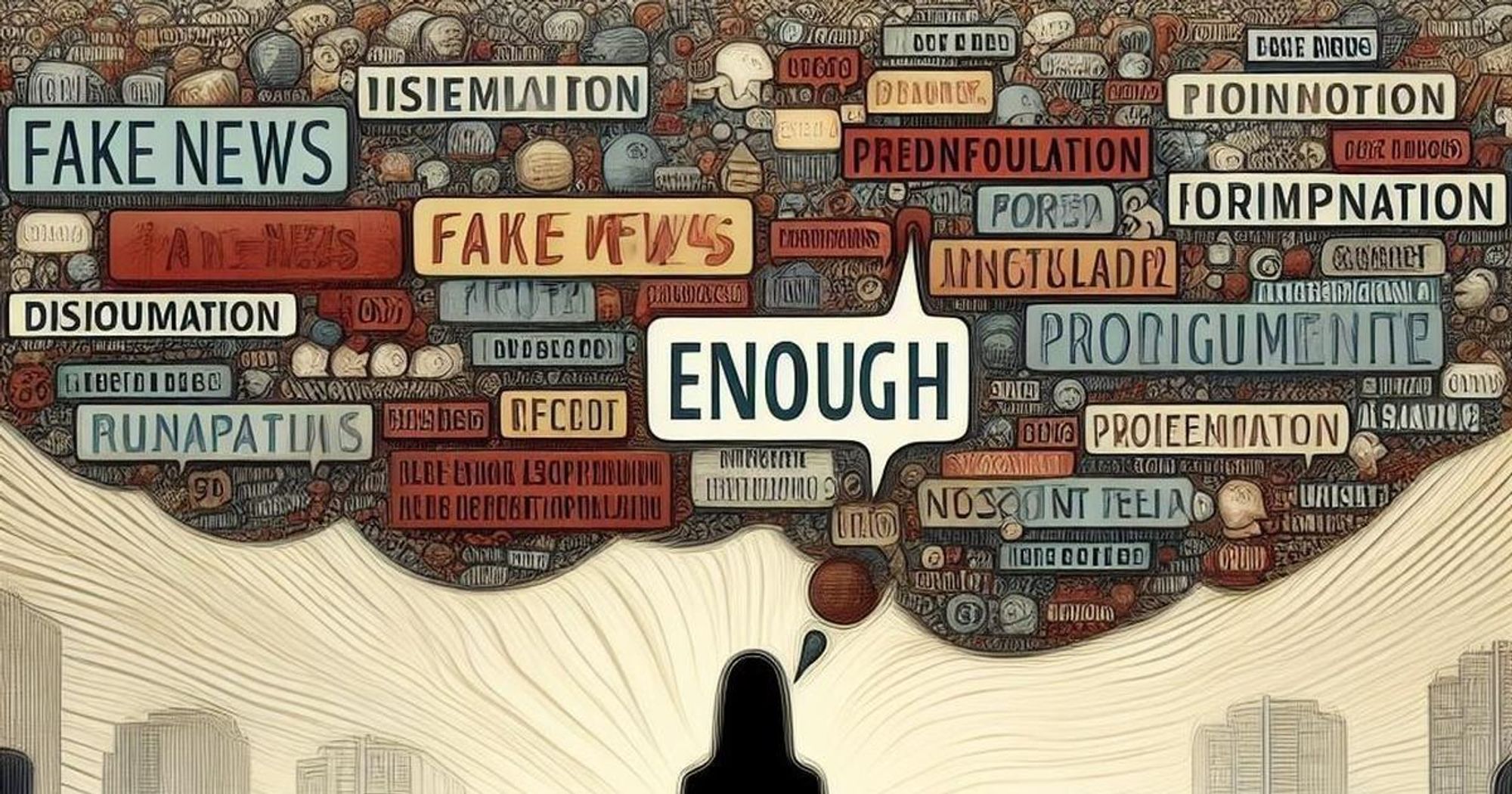Disinformation is a market and we can impose limits on it
date
Mar 12, 2024
slug
2024-disinformation-is-a-market-and-we-can-impose-limits-on-it
status
Published
tags
disinformation
market
incentives
financial markets
information manipulation
awareness
type
Post
summary
There is a disinformation market out there raging. Why aren’t we trying to make the lives of their operators harder?

Any endeavour we do, be it philanthropy or export of palm oil, is shaped my the market it generates given the conditions that are set up, like the amount of potential customers, regulatory costs, if the product is good enough or still incipient and so forth. Disinformation is a market like any other under this point of view. The damage that is being done with the increasing disinformation happens due to the current incentives, that overwhelmingly favours bad actors to seek their profit. The question that society must answer is: why the hell don’t we do anything to change these incentives?
Let's choose one of the safest markets, the financial ones. Most participants understand that the data circulating in this market must be accurate to optimize everyone's gains. Even so, disinformation generates volatility in the financial markets, costing an estimated US$78 billion each year. Misinformation also forces companies to increase spending on reputation management, brand safety, employee health and wellness, and crisis communication efforts. Every time a hoax is spread, money is lost. It's not always a coordinated effort by malicious actors. A random viral WhatsApp message can create havoc without anyone necessarily benefiting from it.
Now, imagine if half of this amount of money was invested yearly to create environments where the information cannot be manipulated (at least, not anonymously), so hoaxes could be restrained very early in the process. In the long term, we are talking about hundreds of billions of dollars saved just in one market. Other markets like health probably have a much greater impact, not only in money, but in lives. Yet, there are no measures being taken even with such simple math.
There are a few causes here. First, the damage is hardly limited to one large company. Most of the time, small stakeholders do not have enough leverage to make their voices heard. Another factor is that if fake news about a disease like Covid occurs, the taxpayer is the one footing the bill, and governments do not respond with the necessary speed and accuracy. In the end, very few individuals protest when fake news harms someone other than themselves.
There is already a market for disinformation, but the incentives are all wrong. Business models and information architecture create conditions that facilitate manipulation for political exploitation at a very low cost. These initiatives don't need to be coordinated, anonymity is almost airtight, and major tech platforms find ways to claim they are not to blame. This market needs to be adjusted to change the fundamentals, making it harder for tech companies to sell the infrastructure for disinformation. And, of course, the most important part is to make individuals realize that they are ultimately losing money, if the bill is always paid by the taxpayer - themselves.
All startups I know that have tried to create a tool against disinformation have failed because the user is not willing to pay for a problem that is so widespread and does not impact them directly. Authorities and society are failing to raise awareness, not of the problem (which is already acknowledged), but of the impact it has on the daily life and budget of each citizen. If citizens were to receive a bill every month with the cost of disinformation to be paid, they would definitely have a much different attitude, both in demanding their representatives to pass tougher bills and in making a few dollars a month available to use an app, as they use antivirus apps on their devices. If we don’t realize that such a service is a utility like energy or water, everyone will lose more money and risk things we can’t even imagine.
Disinformation will not disappear until the root historical, social, and economic causes leading to it are defused. To say that this won't happen quickly is an understatement. For now, we must consider how to counter it proactively in any way we can. Creating and adopting public sources of reliable data, such as armoured information, blockchain-based sources, and independent initiatives to whitelist publications following standard procedures are some examples of how we could start to react. No solution will work overnight, and it's almost impossible to imagine that we can afford to avoid market regulations. However, if we start learning with environments that are more cautious with information sources, like financial markets, there are low-hanging fruits that we could explore relatively quickly. Leaving things as they are is certainly going to cost us more.
Sources: